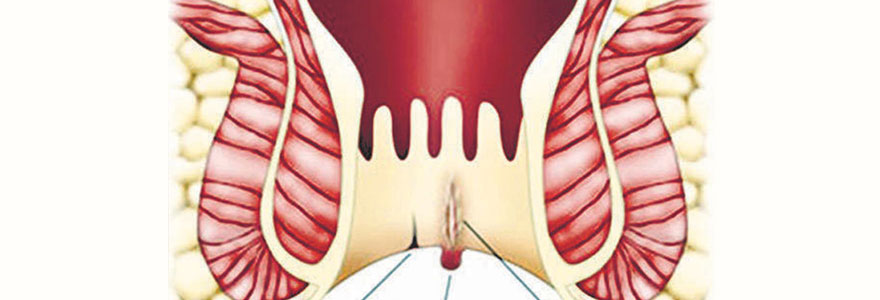
Dr. Amrita Khatri
M.D., B.H.M.S.Book Appointment
Fissure in ano

A fissure in ano, often referred to as an anal fissure, is a common and painful condition characterized by a tear or a split in the lining of the anal canal. This condition can lead to discomfort, pain, and bleeding during or after bowel movements. Anal fissures can affect people of all ages but are more common in infants, young children, and adults between the ages of 20 and 50.
Symptoms of Fissure in Ano
- Sharp Pain During Bowel Movements: Intense, sharp pain during and after passing stools, often described as a tearing sensation.
- Bleeding: Bright red blood on the toilet paper, in the stool, or in the toilet bowl after a bowel movement.
- Visible Tear: A small tear or crack in the skin around the anus, which may be visible.
- Itching or Irritation: Itching, burning, or discomfort in the anal area.
- Spasms: Muscle spasms in the anal sphincter, which can cause prolonged pain.
- Discomfort When Sitting: Pain or discomfort when sitting, particularly if the fissure is severe.
Causes of Fissure in Ano
- Constipation: Passing large, hard stools can stretch the anal canal and cause a tear.
- Chronic Diarrhea: Frequent loose stools can irritate the anal area and lead to fissures.
- Straining During Bowel Movements: Excessive straining can increase the risk of developing a fissure.
- Childbirth: Women may develop fissures after childbirth due to the strain of delivery.
- Anal Intercourse: This can cause trauma to the anal area, leading to fissures.
- Inflammatory Bowel Disease: Conditions like Crohn’s disease can lead to chronic inflammation and fissures.
- Tight Anal Sphincter Muscles: Increased tension in the anal sphincter can make it more likely to develop a fissure.


